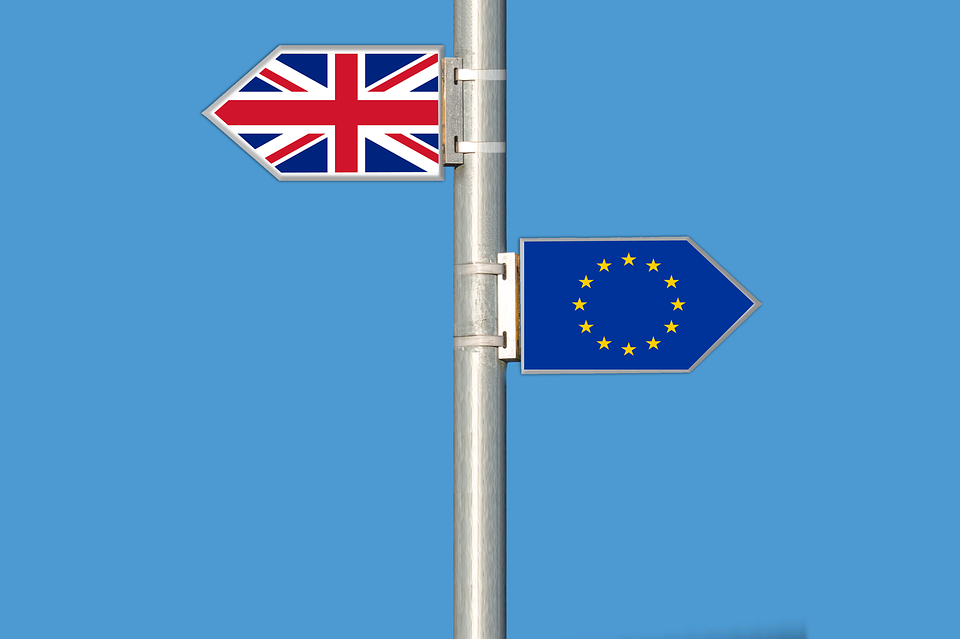As medical cannabis becomes legal in more and more states across North America, we’re taking a closer look at the variety of regulations in different countries throughout Europe.
The U.S., at least at a State level, is leading the way forward for the provision of medical cannabis to patients in need. However, as a continent, Europe has a long and turbulent history with cannabis, in flower form as well as in cultivation as hemp.
In many other ways though, Europe is ahead of the game when it comes to real medical cannabis extracts, and they are favored on the medical side of things there over raw plant materiel, which is the raison d’etre generally in America.
Many would say that many countries within the EU take the fun out of medical cannabis, as they favor things like THC capsules, cannabis extract as a mouth spray, and even sublingual sprays. The British brand name Sativex contains equal quantities of THC and CBD, and is sprayed under the tongue. It is an approved medicine for treating the symptoms of multiple sclerosis (MS), and is prescribed throughout 18 EU countries, namely: Austria, Belgium, Czech Republic, Denmark, Finland, France, Germany, Ireland, Italy, Luxembourg, Netherlands, Norway, Poland, Portugal, Slovakia, Spain, Sweden, and the United Kingdom.
Here is a table showing various forms of medical cannabis medicine in Europe for ease of reference:
Authorized cannabis-based medicines in Europe
| Brand name Form Description Indications | ||||||||||||||||||||
|
Let’s take a closer look at the 9 main countries in Europe, which have provisions for medical cannabis prescription:
Austria
Cannabis is considered a drug in Austria—and illegal—if it contains more than 0.2% THC; it is legal with lower levels of THC. In Austria, Nabilone (synthetic cannabinoid) is marketed as Canemes and it was approved in 2013.
Austria allows the sale of synthetic cannabis pharmaceuticals, such as Dronabinol and Sativex, with a prescription from a licensed physician. While it is illegal to grow cannabis with the intent to produce THC, Austrians can purchase cannabis seeds and seedlings legally.
Czech Republic
In the Czech Republic, the State Agency for Medical Cannabis is the department within the State Institute of Drug Control that regulates the use of medical cannabis. It set rules for pharmacies and prescriptions; the latter must state the mode of use and THC level (up to 21%). Throughout the country, only 16 qualified doctors are authorized to prescribe cannabis, and only 26 pharmacies can dispense it.
France
Cultivating, selling, owning, or consuming cannabis is prohibited in France; however, legislation permitting the sale of medications containing cannabis derivatives was enacted in June 2013. It is possible to receive authorization from the French Security Agency for Health Products to use health products such as Marinol (dronabinol) for a range of different diseases, including pain, nausea, Tourette syndrome, and inflammatory diseases of the nervous system.
Germany
In Germany, it is possible to receive special permission from the Federal Institute for Drugs and Medical Devices to obtain, possess, and consume cannabis as a part of medically supervised therapy. Furthermore, cannabis cultivation and possession can be permitted for scientific institutions or administrative bodies. Pharmacies can obtain special permission to sell cannabis-based medication to patients. In May 2016, German Health Minister Hermann Gröhe announced that the country would legalize medical cannabis some time in 2017.
Italy
In Italy, the Ministry of Health coordinates the use of medical cannabis, and it can issue permits for cultivation, production, possession and use. The use of cannabis is limited to treatment of symptoms where results cannot be achieved with traditional treatments. Eligible conditions are spasticity from MS, chronic pain, nausea from chemotherapy or HIV treatments, loss of appetite from cancer or AIDS, glaucoma, and Tourette syndrome. Farmers licensed to grow cannabis are authorized to deliver it to the ministry, which then sells it to pharmacists.
The Netherlands
In the Netherlands, the Office of Medicinal Cannabis (OMC) is the only government agency that can supply medical cannabis to pharmacies and general practitioners. The OMC offers varieties of medical cannabis, with different levels of THC (less than 1% to roughly 22%) and CBD (less than 1% to about 9 %). These may be prescribed to alleviate symptoms of MS, HIV/ AIDS, cancer, chronic pain, and tics associated with Tourette syndrome. The preferred methods of delivery include inhalation with a vaporizer and infusion in tea.
Spain
In Spain, physicians can prescribe Cesamet (nabilone) and Marinol (dronabinol) against nausea and vomiting in cancer chemotherapy, and Sativex for the treatment of several diseases. Spain’s laws do not distinguish between recreational and medicinal use of cannabis; however, Spain’s criminal courts usually treat medical defendants more leniently than recreational defendants. For now though, people needing medicinal cannabis mostly go to cannabis clubs to obtain and use their medicine.
Switzerland
In Switzerland, CBD buds with up to 1% THC content are legal, unlike in the EU where a limit of 0.2% applies. Since the country is not an EU member, producers limit sales to within Switzerland. Several Swiss companies are cultivating CBD plants which would be banned in the rest of Europe due to their THC content of almost 1 percent, but they also offer oils, extracts, and tinctures in lower-THC varieties to comply with European and overseas requirements.
United Kingdom
Although cannabis is considered a Schedule 1, Class B drug in the UK, one cannabis-based product – Nabiximols (Sativex) –can be legally prescribed and supplied in limited circumstances. In 2006 the Home Office licensed Nabiximols so that doctors could privately prescribe it, and pharmacies can dispense it, as part of a treatment program for patients with MS.
[Image credit- Pixabay]









And what about Belgium ?
Can you post some links to EU websites, which would attest of what is written up there, Please.
A.S.